3 Biggest Mistakes Restaurant Sellers Make
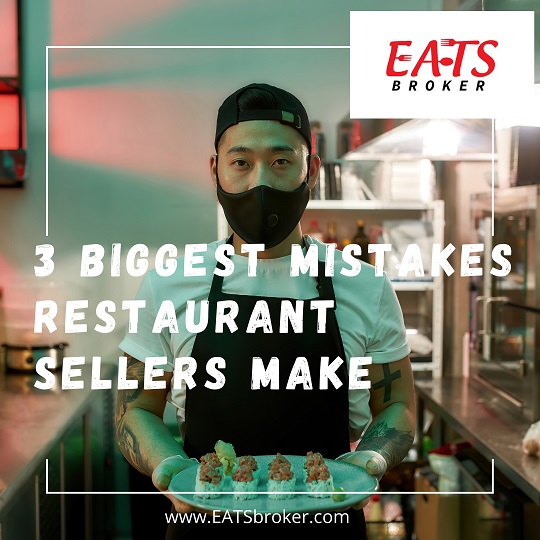
The biggest mistakes restaurant sellers make are simple issues that can be addressed before a restaurant is listed for sale. The mistakes are based on facts, books, and records and lack of understanding of selling a restaurant. Dallas Restaurant Broker Dominique Maddox says, “ the small details in the process to sell a restaurant make […]
Steps for first-time restaurant buyer
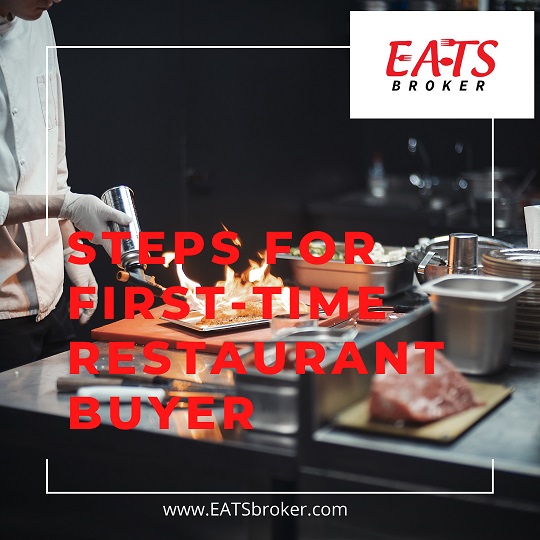
What are the Steps for first-time restaurant buyers? This question EATS Broker gets multiple times weekly for buyers inquiring about restaurants for sale. Many interested buyers looking at restaurants for sale opportunities will be first-time restaurant buyers. Many buyers are shocked about the difference between buying a home compared to buying a restaurant. The buying […]
Pros and Cons for a Restaurant Asset Sale
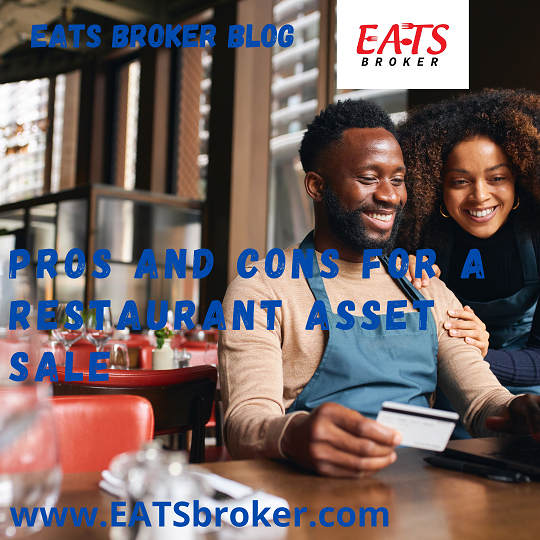
The Pros and Cons of buying or selling a restaurant as an Asset Sale can be a Win-Win situation for both parties. In an asset sale, the seller retains possession of the legal business entity name and stocks, and the buyer only purchases the company’s assets. The assets include equipment, leasehold improvements, Goodwill, trade secrets, […]
EATS Broker expands to Dallas, Texas
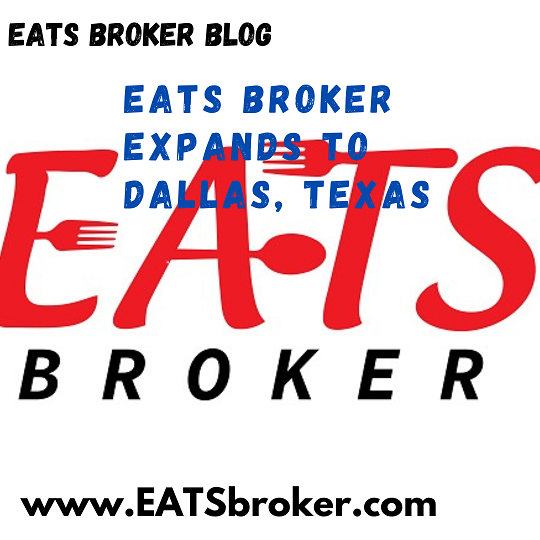
EATS Restaurant Brokers is growing and has expanded its headquarters to Dallas, Texas. One of the nation’s specialized Business Brokerage firms, EATS Restaurant Brokers, has obtained a Real Estate Broker License in Texas and now are Restaurant Brokers in Dallas, TX. Dominique Maddox worked with one of the nation’s largest Restaurant Brokerage Firms for seven […]
Restaurant Sellers vs. Restaurant Buyers-Different Mindsets
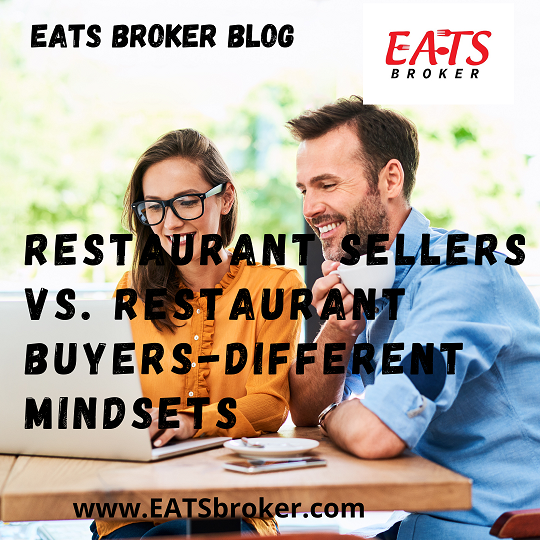
Restaurant Sellers vs. Restaurant Buyers have different mindsets when it involves buying or selling a restaurant. When a restaurant owner decides to sell a restaurant, the primary goals are to get the highest sales price, highest net proceeds, remove the lease as a guarantor, and close quickly. A restaurant buyer’s focus differs slightly from the […]
Commercial Lease Assignment: What should you know?
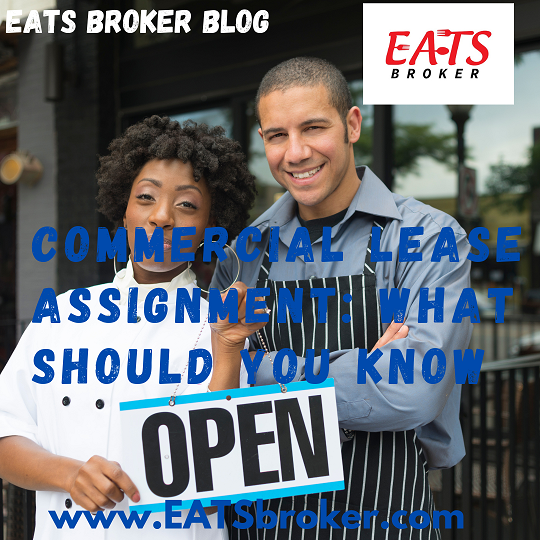
What should you know about a Commercial Lease Assignment before signing the lease? The lease assignment can be short and brief, but it has a tremendous impact on the capability of a restaurant owner selling a restaurant in the future. When buying or selling a restaurant, it is essential to evaluate the strength or weakness […]
Independent Owned Restaurants-How to Build Value?
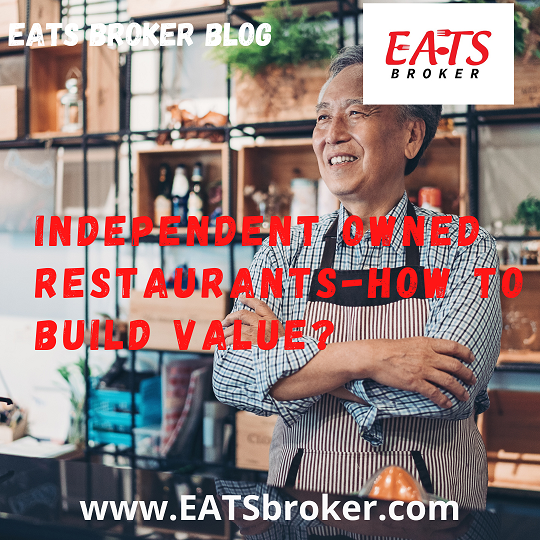
As an Independent Owned Restaurant, how do you increase restaurant value for resale besides good food and environment? Independent Owned Restaurants for sale usually sell for less than Franchise Owned Restaurants. Franchise Restaurants for sale provide a potential buyer with systems, training, and brand awareness to customers; these are non-tangible items that improve resale value. […]
10 Reasons for selling a restaurant
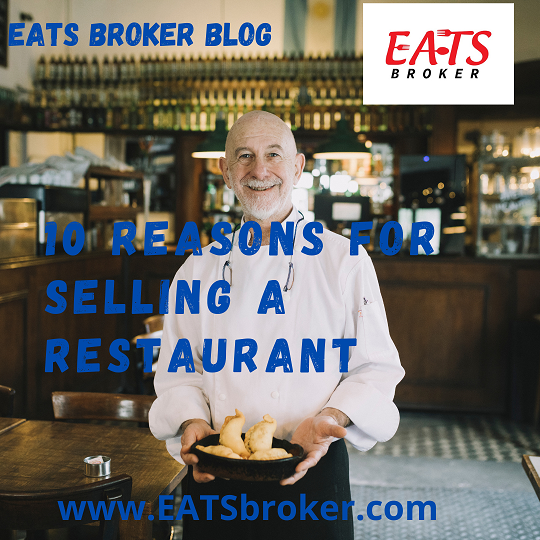
Reasons for selling a restaurant can differ from restaurant owner to owner. Everyone has a specific reason that they want to sell a restaurant. EATS Restaurant Brokers list of Top 10 reasons for selling a restaurant: Retirement– The baby boomers are ready to retire and enjoy the last chapter of their life in peace without […]
What restaurant numbers should YOU know?
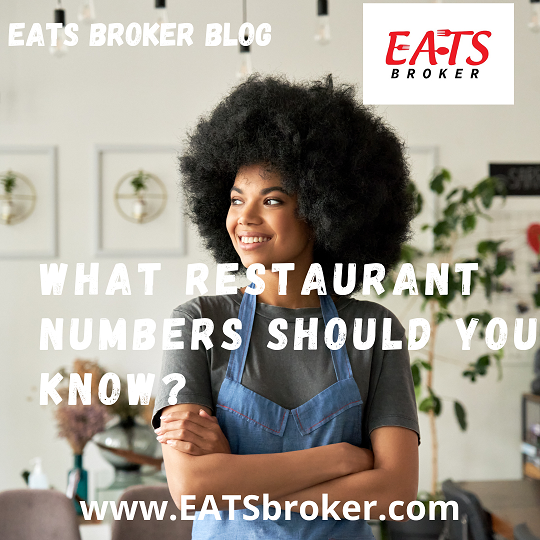
What restaurant numbers should you know if you own a restaurant or want to buy a restaurant? Every independently owned restaurant is unique, while franchise concepts have common similarities. How do you compare the two different restaurants if you want to buy or sell a restaurant? Analyzing the Financial and Operational ratios is a great […]

